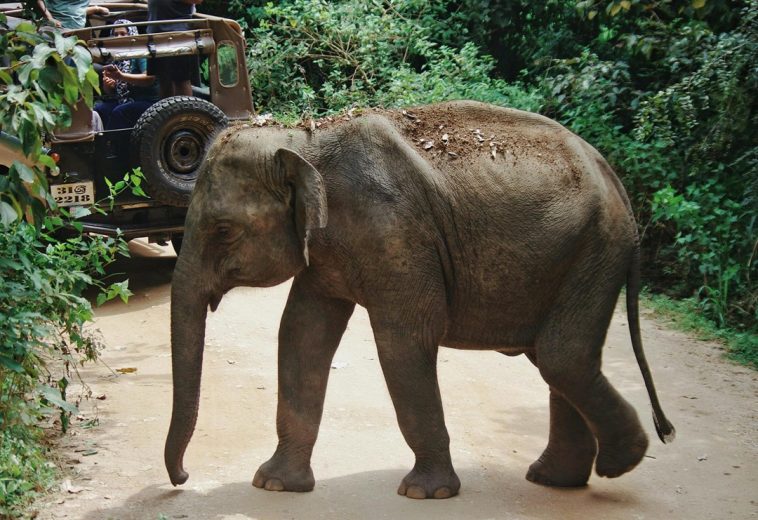In the global pursuit of gender equality, the political representation of women remains a subject of intense scrutiny. Democracy, ideally characterised by equal rights for all, often falls short in achieving true gender parity, particularly in political leadership. Women comprise nearly half of the world’s population, yet their presence in political offices remains significantly lower than that of men. This is especially true in Africa, where social, cultural, and institutional barriers hinder women from accessing the political space at the same level as their male counterparts. The question arises: will Africa ever achieve equal political representation for women?
Globally, despite concerted efforts, women continue to hold a disproportionately low percentage of political offices. According to the United Nations (UN) in 2024, women occupy only 25.6% of all parliamentary seats worldwide. The Inter-Parliamentary Union (IPU) reports that this figure has only incrementally increased over the last decade, with an annual rise of just 1–2% in some regions.
READ ALSO: The Evolution of Democracy in Africa’s Post-Colonial Era
This persistent gap in political representation reflects a broader societal issue where women, though often forming a majority in many countries, are systematically excluded from leadership roles. The UN Women’s 2024 Gender Equality Report highlights that while 128 countries have made progress through gender quotas, full political equality remains elusive. Rwanda, however, stands as a beacon of hope, leading the way with more women in political power than any other country, demonstrating that true democratic progress necessitates gender inclusivity.
The Push for Women’s Political Representation
The movement for increased women’s political representation has been long-standing, underpinned by frameworks like the Beijing Declaration of 1995, which set clear goals for advancing women’s rights. This agreement, endorsed by 181 governments, called for the “full participation of women in political life, especially in decision-making processes.” More recently, the 2020 UN Women’s Global Gender Equality Report reiterated that achieving gender parity in politics is not only essential for social justice but also ensures that governance reflects the needs of all citizens, irrespective of gender.
However, despite these frameworks and calls for reform, the road to gender parity in politics remains long. Women often face significant hurdles, including gender stereotypes, violence, financial constraints, and limited access to political networks. While some countries, such as Finland (where women make up over 47% of parliament) and Iceland (with 48% female representation), have successfully implemented quota systems and family-friendly political frameworks, these mechanisms remain debated globally. Critics question their sustainability and effectiveness in fostering true gender equality.
Rwanda’s Political Revolution
Rwanda stands as a remarkable case in Africa and globally for its strides in female political empowerment. As of 2024, Rwanda continues to make history as the first country with a female majority in parliament, with 63.75% of the seats in the Chamber of Deputies held by women. This achievement is not incidental but the result of deliberate policy decisions and a strong commitment to gender equality from the government. Beyond parliamentary representation, women hold 53.8% of Senate seats, a higher percentage than any other country globally. Rwanda’s model challenges conventional notions about the barriers women face in entering politics, showing that with the right framework—such as gender quotas and inclusive political reforms—gender parity is achievable.
The Rwandan government’s efforts to ensure women’s political empowerment are deeply embedded in the country’s post-genocide rebuilding process. The 2003 Constitution mandated that women hold at least 30% of all decision-making positions, an intentional effort to redress historical gender inequalities and integrate women into governance. Women’s participation extends to local councils, where they comprise at least 50% of elected members. These policies and strategies have positioned Rwanda as a model for other African nations aspiring to achieve gender parity in politics.
Barriers to Gender Equality in Africa’s Political Space
While Rwanda is a trailblazer, the broader African context tells a different story. Many African nations still struggle to achieve equal political representation for women. According to the African Union’s 2024 report, the percentage of women in parliament in sub-Saharan Africa stands at a modest 24%. This figure varies significantly, with countries like South Africa, Ethiopia, and Senegal showing commendable progress, while others, such as Egypt and Nigeria, lag behind.
Several factors hinder women’s political participation across Africa, including lack of political will, cultural constraints, and weak institutional frameworks. The African Union’s Agenda 2063, which seeks to “empower women and ensure their full participation in political processes,” remains an ambitious goal for many countries. While some nations, such as Namibia, have achieved female parliamentary representation rates above 40%, others, like Sudan and Guinea, struggle due to ongoing conflicts, entrenched patriarchal values, and the absence of women-friendly policies.
The Path Forward for Africa
Achieving equal political representation for women in Africa requires a multi-pronged approach. Lessons from countries like Rwanda demonstrate that gender quotas, institutional support, and political will can significantly improve women’s representation in government. However, for broader success, significant cultural and institutional changes must take place. African governments must commit to policies that ensure gender equality across all spheres, particularly in politics.
Women’s political representation is not merely a matter of fairness—it is essential for Africa’s democratic and developmental aspirations. By empowering women to take their rightful place in decision-making processes, Africa can foster a more balanced, inclusive, and equitable future. The space industry, an emerging sector with immense potential, could provide new opportunities to advance gender equality as it grows across the continent.
Only time will tell whether Africa will fully embrace the vision of equal political representation. However, with strong leadership, policy reform, and unwavering dedication to gender equality, this goal remains within reach.




